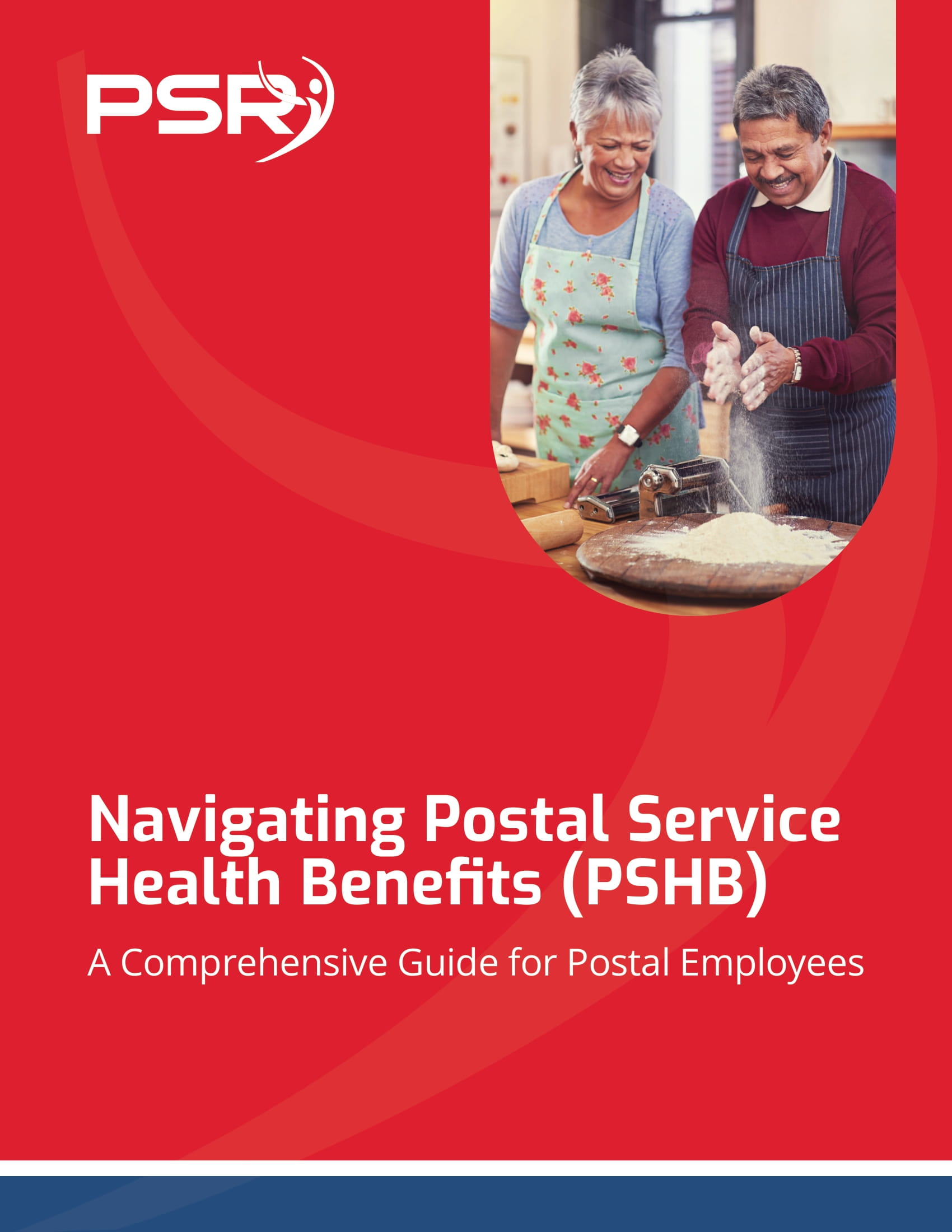Key Takeaways:
- Divorce can impact your federal retirement benefits, including your pension, Thrift Savings Plan (TSP), and even life insurance. Knowing what’s at stake helps you plan ahead.
- A court order can split your benefits with your former spouse, so it’s critical to understand what might be up for grabs during the divorce process.
Divorce and Federal Retirement: What’s at Stake?
Let’s be honest—divorce is tough enough without throwing your hard-earned federal retirement benefits into the mix. If you’re a federal employee, retiree, or even married to one, navigating the landscape of dividing retirement benefits during a divorce can get messy fast.
- Also Read: Divorce and Your Federal Pension—What Happens When You Split Assets and How It Could Affect Your TSP
- Also Read: What Happens to Your Federal Benefits After Divorce? Here’s the Lowdown
- Also Read: The Best FEHB Plans for 2025: Which One Fits Your Lifestyle and Budget the Best?
Pensions and Divorce: The Major Slice of the Pie
Federal pensions, whether under FERS or CSRS, are often one of the most significant assets in a divorce, and yes, they can be divided. Here’s the deal: A federal employee’s pension is considered marital property, just like a house or car. So, if you’re getting divorced, your spouse may be entitled to a portion of that pension.
But how much? Well, that’s determined by a court, typically as part of a divorce settlement. A court order, known as a Court Order Acceptable for Processing (COAP), is required to direct the Office of Personnel Management (OPM) to divide your pension.
The percentage your ex-spouse receives depends on various factors like the length of your marriage and how much of it overlapped with your federal employment. A COAP might give your ex a specific percentage of your annuity or a fixed dollar amount each month. And here’s the kicker: OPM won’t start payments to your ex until you start collecting your pension, so if you’re still working, your ex will have to wait.
Survivor Benefits: It Doesn’t End with the Divorce
One thing many people overlook is the impact of divorce on survivor benefits. If you pass away, your ex-spouse could still be entitled to a survivor annuity, meaning they would continue to receive payments after your death. You can change or cancel these benefits during or after your divorce, but it must be addressed specifically in your divorce decree.
The tricky part? If you remarry before age 55, your new spouse won’t be eligible for survivor benefits unless you adjust your survivor benefits for your ex. Make sure you understand this wrinkle, especially if you’re planning to walk down the aisle again!
TSP: Splitting the Nest Egg
The Thrift Savings Plan (TSP) is another big asset that can be affected during a divorce. Like your pension, it’s also considered marital property and can be divided with a court order. TSP will follow the court’s directions on how to split the account—this could be a percentage of the account balance or a specific dollar amount.
One thing to keep in mind: Your TSP won’t automatically be split when you file for divorce. You (or your ex) will need to provide TSP with a Retirement Benefits Court Order (RBCO) to divide the account. And, unlike your pension, your ex-spouse doesn’t have to wait until you retire to receive their share—they can get their portion as soon as TSP processes the court order.
Another consideration is the impact on taxes. Depending on how your TSP is divided, your ex-spouse may roll over their share into their own retirement account, avoiding taxes for now. But if they cash out, taxes—and possibly early withdrawal penalties—could come into play.
Life Insurance: Not As Simple As You’d Think
FEGLI (Federal Employees’ Group Life Insurance) can also be subject to divorce agreements. Your ex-spouse might be named as a beneficiary in your divorce settlement, and in some cases, you could be legally required to keep them as a beneficiary.
If you have FEGLI coverage, pay attention to any court-ordered designations. You might not be able to change your beneficiaries without court approval, even after the divorce is finalized. This can be a big deal if you plan to remarry or want to update your life insurance policy later down the road.
And remember, as you age, FEGLI premiums can rise significantly, especially after retirement. So, you might want to revisit your life insurance needs and see if maintaining that coverage for your ex is still feasible or necessary.
Health Insurance: The End of FEHB Coverage
While you’re married, your spouse may have access to health insurance under the Federal Employees Health Benefits (FEHB) program, but that’s likely to end when the divorce is final. Once the divorce is official, your ex-spouse is no longer eligible to be covered under your FEHB plan. They will need to seek other health insurance options, possibly through COBRA, which can provide temporary continuation of FEHB coverage for up to 36 months, but at their own expense.
Timing Is Everything: When to Act
In the world of federal benefits, timing matters. For example, federal law allows for a former spouse to be eligible for survivor benefits only if the marriage lasted at least nine months. Similarly, to be eligible for a share of your pension, your ex-spouse must have been married to you for a period that overlaps your federal service.
On the other hand, if you’re thinking about retirement and you’re in the middle of a divorce, it may be worth delaying retirement until the dust settles. Finalizing your divorce first can clarify how your pension and other benefits will be divided, potentially saving you from financial headaches down the line.
What You Can Do Right Now
If you’re considering divorce or already in the process, start gathering information about your federal benefits. Knowing what you have is key to negotiating fairly. Request an estimate of your pension, get up-to-date information about your TSP balance, and review your life insurance and health insurance plans.
It’s also a good idea to talk to a lawyer who specializes in federal employee benefits. Divorce laws vary from state to state, but a lawyer familiar with federal retirement rules can help you understand what you’re entitled to and what might be up for grabs.
Most importantly, don’t wait until it’s too late to address these issues. A well-prepared COAP or RBCO can save you both time and frustration later on, and help protect your financial future.
Protect Your Federal Retirement After a Divorce
Divorce doesn’t have to spell disaster for your retirement plans. While it can certainly shake things up, understanding how federal retirement benefits like pensions, TSP, and health insurance can be affected will help you make better choices. Whether you’re in the midst of a divorce or simply planning for the future, taking action now to safeguard your benefits is always a smart move.













